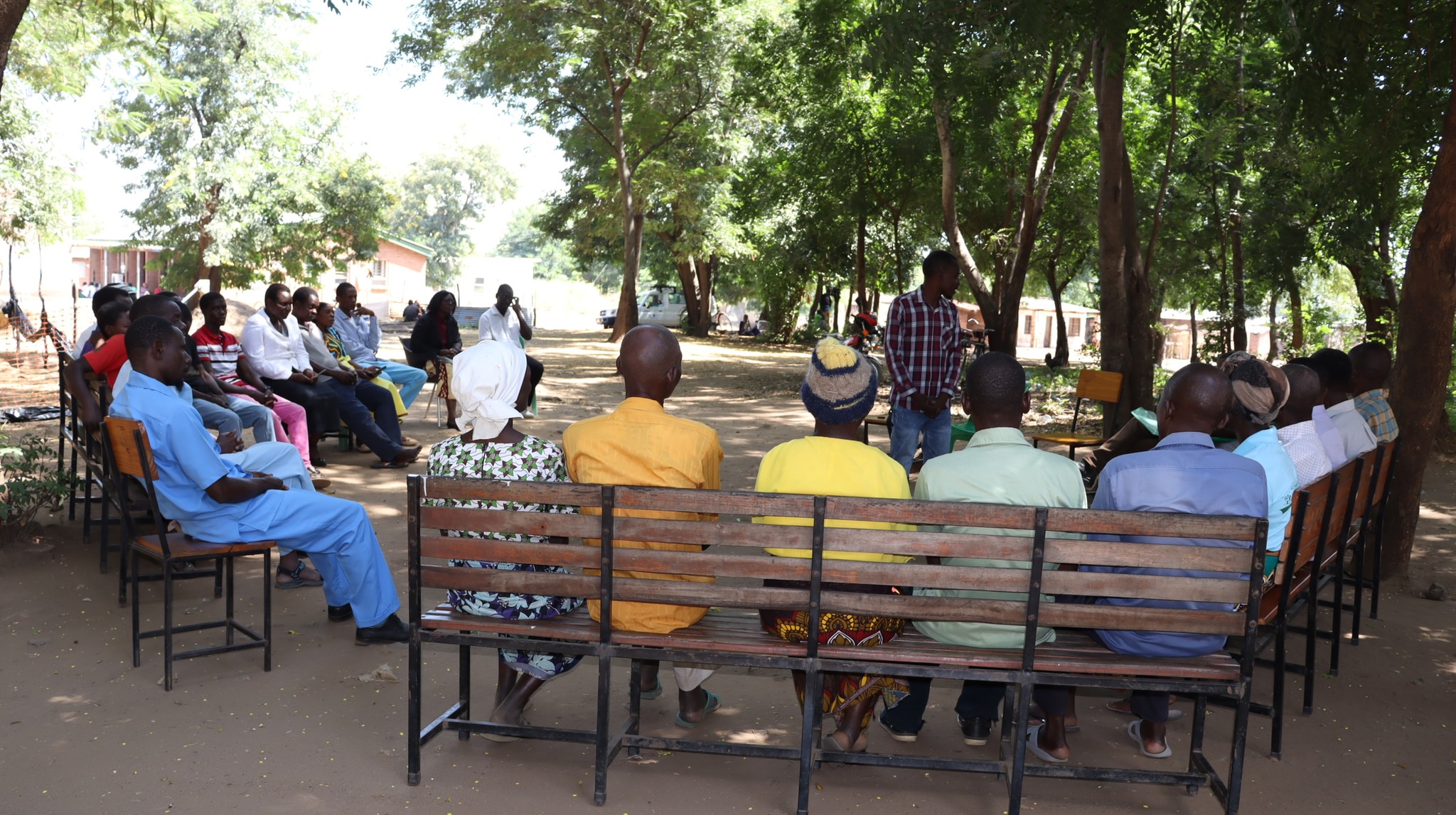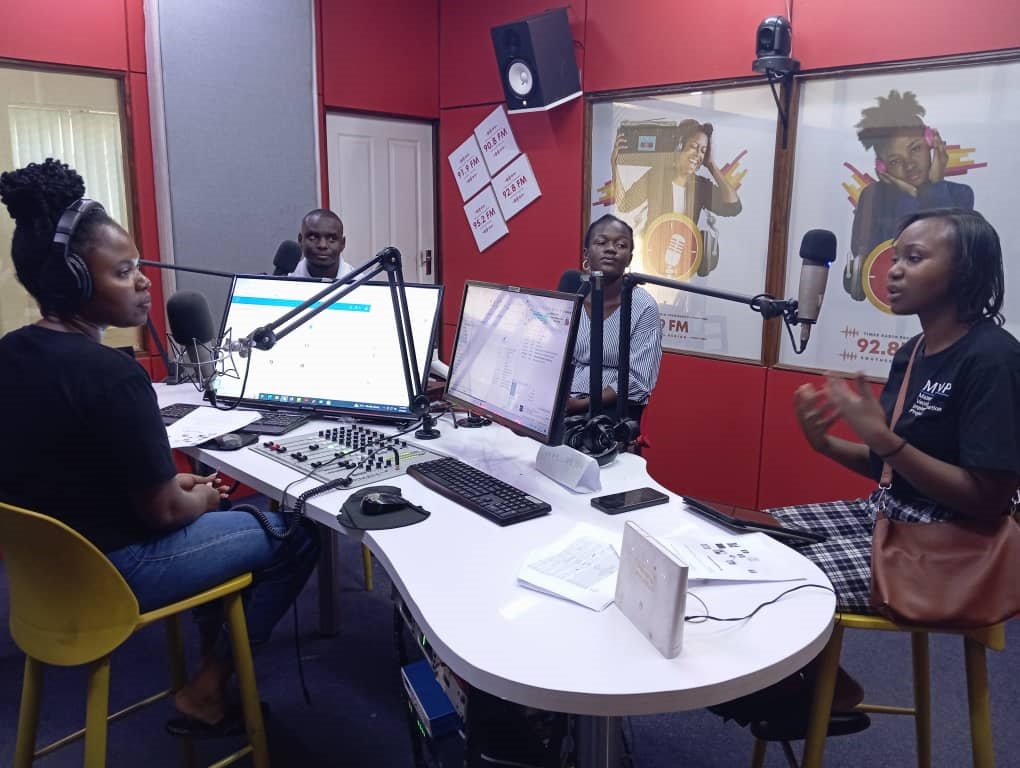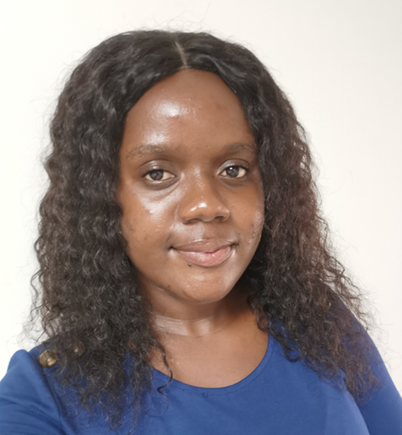In the month of May, The Epidemiology Study of Malaria Transmission Intensity (EPIMAL) engaged Group Village Heads (GVHs), Disease Control Surveillance Assistants (DCSAs), and Community Liaison Team (COLT) members from Chikwawa District Hospital (Non exposed cluster) and ST Montfort (exposed cluster) to provide them with information about 2023 EPI-MAL-OO5 exercise which will run from May until June this year.
EPIMAL study aims at evaluating the safety and efficiency of malaria Vaccine (RTSS), estimating the incidence of adverse events of special interest (AESI), and of other adverse events (AE) leading to hospitalization or death, in children vaccinated with RTS,S/AS01E and to estimate the incidence of etiology confirmed meningitis in children vaccinated with RTS,S/AS01E.
In his explanation, The site lead for EPIMAL Eric Njoka said; “So far, the findings from the study reveal a high probability of the efficacy and safety of the vaccine. EPI-MAL-005 is an exercise within the study which is testing and treating malaria to further combat malaria. EPIMAL 005 is mainly assessing Plasmodium falciparum parasite prevalence and malaria control measures in the catchment areas of Chikwawa District Hospital and ST Montfort clusters.”
“Through interactive discussions and question and answer sessions during the meetings, attendees had the opportunity to voice their concerns, share experiences, and provide input on the ongoing study,” Chief Village Headman for Illovo GVH Kupheka said.
“This participatory approach aimed to strengthen community involvement and ensure that the study’s design and execution align with the needs and realities of the local population,” EPIMAL Field Research Assistant Chifuniro Chabuka mentioned.
The meetings concluded with a call to action, urging community members to actively participate in the malaria testing and treatment exercise by volunteering as study participants, assisting with data collection, and promoting awareness within their respective communities.
EPIMAL Started in March of 2019 and both clusters (Chikwawa and St Montfort) have a sample size of 3250. The study design is made up of at list 10 home visit for each participant and it is estimated to run for 5 years until 2024 when the last home visit shall be conducted on the last participant.



